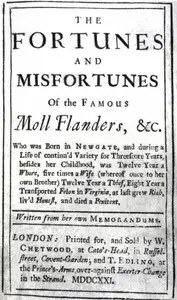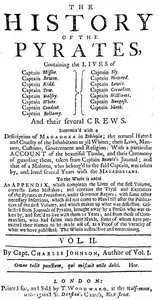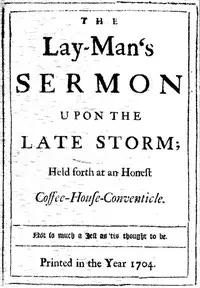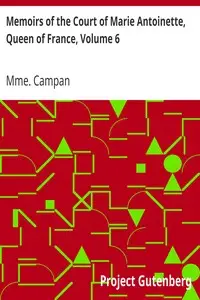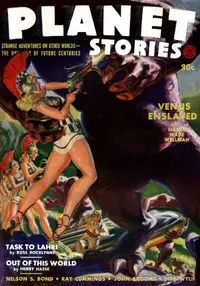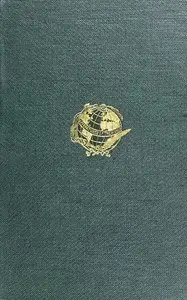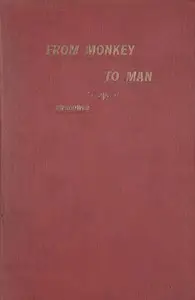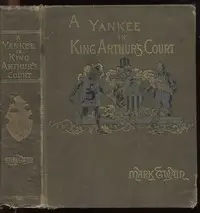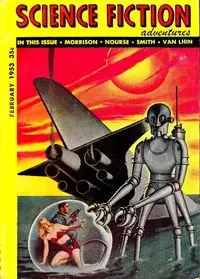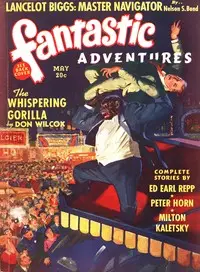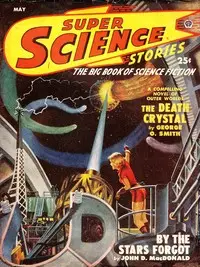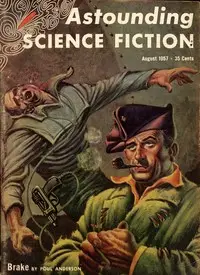"The Consolidator; or, Memoirs of Sundry Transactions from the World in the Moon" by an unnamed author is a satirical work blending elements of science fiction and political commentary, likely composed during the late 17th century. The text presents an imaginative journey to the Moon, exploring advanced knowledge and customs that challenge the understanding of contemporary European society. Through the lens of a traveler who converses with Moon inhabitants, the narrative delves into themes of wisdom, folly, and the nature of human endeavors, particularly in governance and invention. At the start of the book, the narrator reflects on the remarkable advancements in Muscovy under its ruler, inspired by travels through Europe. The author proposes that this Czar's improvements and trade connections with China reveal a wealth of knowledge and culture that contrasts sharply with the perceived ignorance of European nations. The narrator hints at a vast collection of Chinese literature, rich in technical and philosophical insights, which they intend to investigate. The exposition not only sets the scene for a journey to the Moon but also draws parallels between societies, critiquing the limitations of European thought while presenting an earnest desire to uncover truths about knowledge, politics, and the human condition. (This is an automatically generated summary.)

The Consolidator; or, Memoirs of Sundry Transactions from the World in the Moon
By Daniel Defoe
"The Consolidator; or, Memoirs of Sundry Transactions from the World in the Moon" by an unnamed author is a satirical work blending elements of scienc...
Daniel Defoe was an English novelist, journalist, merchant, pamphleteer and spy. He is most famous for his novel Robinson Crusoe, published in 1719, which is claimed to be second only to the Bible in its number of translations. He has been seen as one of the earliest proponents of the English novel, and helped to popularise the form in Britain with others such as Aphra Behn and Samuel Richardson. Defoe wrote many political tracts, was often in trouble with the authorities, and spent a period in prison. Intellectuals and political leaders paid attention to his fresh ideas and sometimes consulted him.

